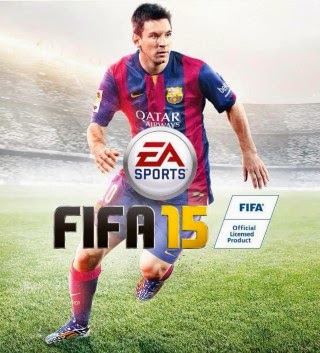The Royal Game of UR
The royal game of Ur was first discovered by Sir Leonard Woolley
while he was excavating tombs in Ur (hence the name). These tombs and the game
boards found inside date from around 2,600BC, that is older than the pyramids
of Giza which amazed me, these tiny boards have lasted as long as the pyramids.
3 full boards and 2 half boards were excavated from the tombs (Becker 2007,
P.11).
The fact that someone was buried with multiple copies of this game
just goes to show how popular this game must have been in 2600BC. It really
made me think about games that are made now, how we churn them out as fast as
possible to make money I highly doubt any games made recently will still be
played in 4000+ years.
Overall I really like the royal game of Ur, I found the rules
slightly confusing at first but when I got the hang of them it became a very
fun game to play.



.jpg)
.jpg)

.jpg)
.jpg)